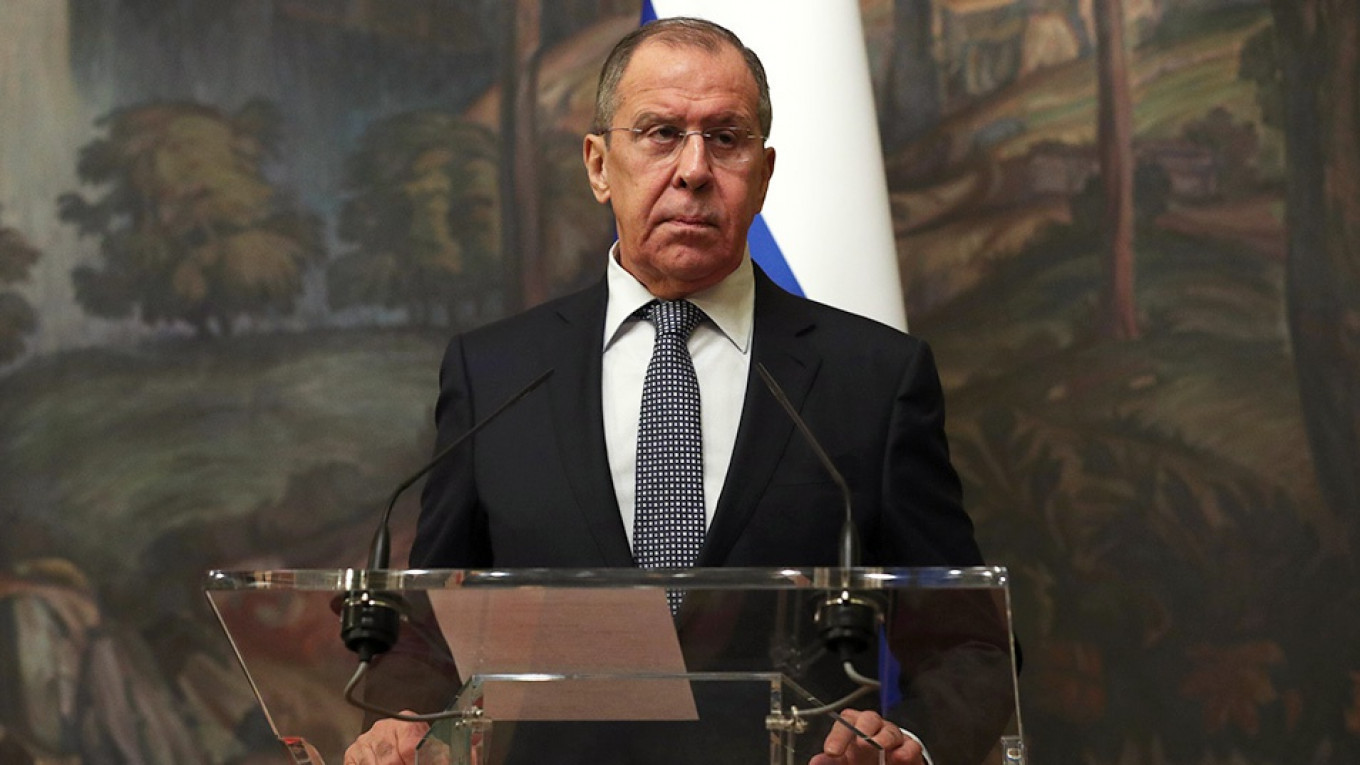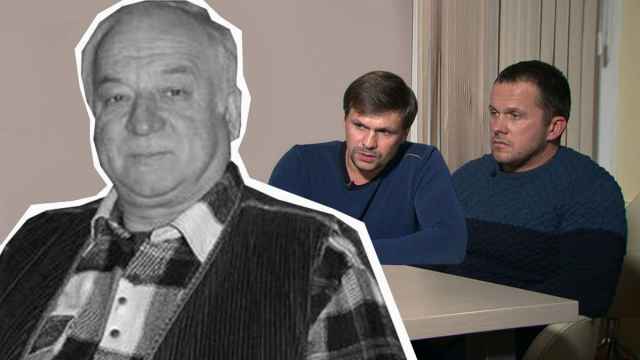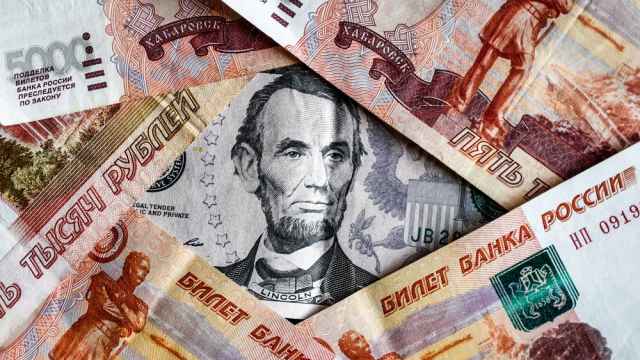Russia's Foreign Affairs Ministry said Friday that a move by the United States to impose another round of sanctions on Moscow over the poisoning of a former spy in Britain hurt ties and was regrettable.
Washington last year imposed a first batch of sanctions on Russia after determining that Moscow had used a nerve agent against a former Russian double agent, Sergei Skripal, and his daughter Yulia, in Britain, something Moscow denies.
Skripal, a former colonel in Russia’s GRU military intelligence service, and his daughter were found slumped unconscious on a bench in the southern English city of Salisbury in March last year after a liquid form of the Novichok type of nerve agent was applied to his home’s front door.
European countries and the United States expelled 100 Russian diplomats after the attack.
U.S. media reports late Thursday said U.S. President Donald Trump had signed an executive order imposing another round of sanctions on Moscow over the case.
The reports said Washington was ordering the U.S. government to stop international financial institutions such as the World Bank from lending to governments subject to U.S. sanctions for using chemical or nuclear weapons.
The Russian ruble dipped to 65 versus the dollar Friday for the first time in seven weeks, a fall analysts said could partly be attributed to the reported sanctions move.
Russia's Foreign Ministry condemned the United States.
"I think that this is primarily connected to U.S. domestic politics," Deputy Foreign Minister Sergei Ryabkov told the RT TV channel.
Ryabkov said he regretted that U.S.-Russia ties, already strained by differences over everything from Syria to Ukraine, had become a political football in the United States.
Russian officials have repeatedly complained about what they say is Trump's lack of room for maneuver, due to pressure on him from Congress and political rivals to look tough on Moscow in the wake of its alleged interference in U.S. politics, something Russia denies.
Ryabkov said Moscow linked the sanctions to upcoming presidential elections in the United States and said Moscow was ready to defend itself from any negative consequences caused by the new restrictions.
A Message from The Moscow Times:
Dear readers,
We are facing unprecedented challenges. Russia's Prosecutor General's Office has designated The Moscow Times as an "undesirable" organization, criminalizing our work and putting our staff at risk of prosecution. This follows our earlier unjust labeling as a "foreign agent."
These actions are direct attempts to silence independent journalism in Russia. The authorities claim our work "discredits the decisions of the Russian leadership." We see things differently: we strive to provide accurate, unbiased reporting on Russia.
We, the journalists of The Moscow Times, refuse to be silenced. But to continue our work, we need your help.
Your support, no matter how small, makes a world of difference. If you can, please support us monthly starting from just $2. It's quick to set up, and every contribution makes a significant impact.
By supporting The Moscow Times, you're defending open, independent journalism in the face of repression. Thank you for standing with us.
Remind me later.






